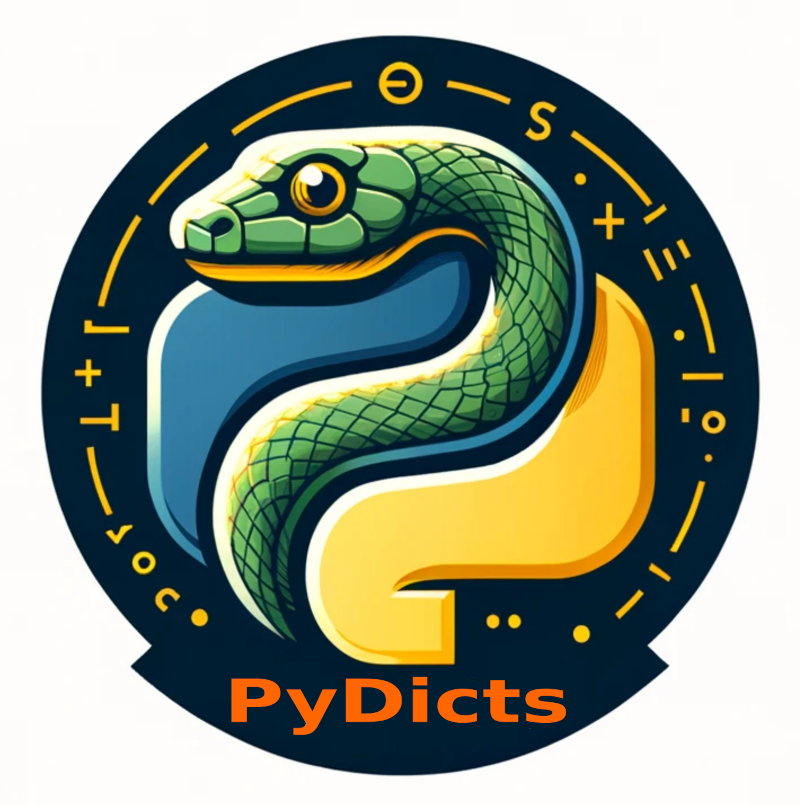Help on class Currency in module pydicts.currency:
class Currency(builtins.object)
| Currency(amount=None, currency='EUR')
|
| ## Class to manage currencies in officegenerator
| ##
| ## The symbol is defined by code with self.symbol()
|
| Methods defined here:
|
| __add__(self, other)
| Si las divisas son distintas, queda el resultado con la divisa del primero
|
| __eq__(self, other)
| Return self==value.
|
| __ge__(self, other)
| Return self>=value.
|
| __gt__(self, other)
| Return self>value.
|
| __init__(self, amount=None, currency='EUR')
| Initialize self. See help(type(self)) for accurate signature.
|
| __le__(self, other)
| Return self<=value.
|
| __lt__(self, other)
| Return self<value.
|
| __mul__(self, other)
| ## Si las divisas son distintas, queda el resultado con la divisa del primero
| ##
| ## En caso de querer multiplicar por un numero debe ser despues. For example: other*4
|
| __neg__(self)
| Devuelve otro other con el amount con signo cambiado
|
| __repr__(self)
| Return repr(self).
|
| __sub__(self, other)
| Si las divisas son distintas, queda el resultado con la divisa del primero
|
| __truediv__(self, other)
| Si las divisas son distintas, queda el resultado con la divisa del primero
|
| isGETZero(self)
|
| isGTZero(self)
|
| isLETZero(self)
|
| isLTZero(self)
|
| isZero(self)
|
| round(self, decimals=2)
|
| string(self, decimals=2)
| ## Returs a typical currency string
| ## @param digits int that defines the number of decimals. 2 by default
| ## @return string
|
| ----------------------------------------------------------------------
| Data descriptors defined here:
|
| __dict__
| dictionary for instance variables (if defined)
|
| __weakref__
| list of weak references to the object (if defined)
|
| ----------------------------------------------------------------------
| Data and other attributes defined here:
|
| __hash__ = None
